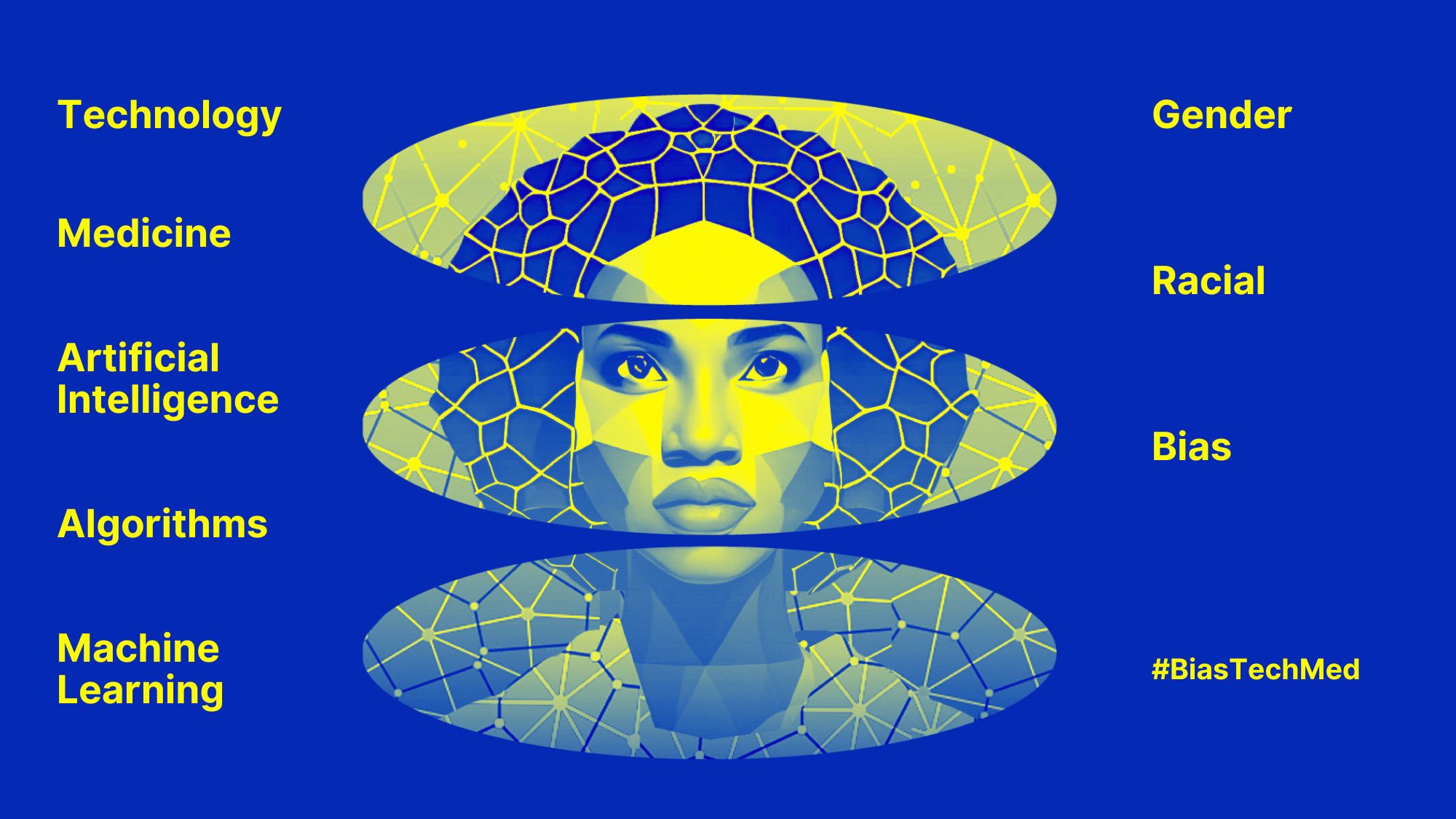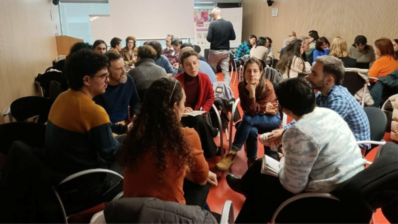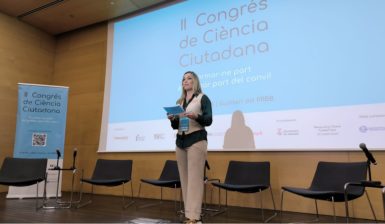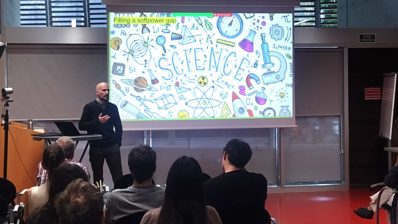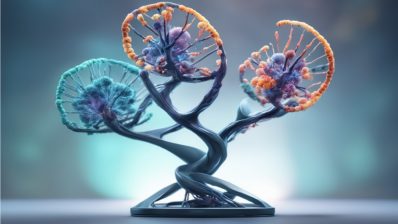Artificial intelligence (AI) holds the promise to revolutionize our world.
Recent advances in these technologies have already helped in a great variety of disciplines in the life sciences, from understanding the structures of proteins, to tracing migrations from the Bronze Age. They could help improve melanoma diagnosis, or fight antibiotic resistance. In a recent interview, Eduard Sabidó, head of the Proteomics Unit at CRG and UPF, predicted that all researchers would soon be using machine learning algorithms
But as with most tools, it may have both positive and negative impacts. If done correctly, AI can make health care and other services more efficient, faster, cheaper and fairer for more people. But if we are not careful, AI can also exacerbate existing biases such as gender biases, racial biases or biases against other minorities or vulnerable collectives. And there are already many examples of such situations.
These biases may have many different causes; but they all have very real consequences for those suffering them, as was recently showcased in the documentary “Coded bias” (see trailer below).
Discussing causes and solutions: round table on 30th November
The Equality, Diversity and Inclusion committee of the Barcelona Biomedical Research Park (PRBB) has joined forces with researchers at the Department of Information and Communications Technologies of the UPF (DTIC-UPF), and at the Barcelona Supercomputing Centre (BSC-CNS) to organise an event to discuss these biases, their effect, and what can be done to reduce them.
The event, which will take place on November 30th, from 3 to 6 pm at the UPF Poblenou Campus auditorium (c/Roc Boronat 138) will consist on a couple of short talks followed by two round tables.
Panels of experts will discuss how AI can sustain gender, racial and other discriminations, both in medicine and in other fields, and what the impact of these biased algorithms might be.
Finally, we will have two round tables to discuss what can be done to solve these issues, from a technical point of view and also socially, and to ensure that AI provides the benefits it promises in a fair way for all.
The event, in English, will take place on November 30 from 3 to 6 pm in the auditorium of the Poblenou Campus of the UPF.
Speakers include experts from the worlds of data science, artificial intelligence, public health and social movements:
- Davide Cirillo (Barcelona Supercomputing Centre, BSC-CNS)
- Oyidiya Oji Palino (European Network AntiRacism)
- Paula Petrone (Barcelona Institute for Global Health (ISGlobal))
- Manuel Portela (DTIC-UPF)
- Nataly Buslón (BSC)
- Paula Subías (Algorights, Eurecat)
- Akinola Akinbote (European Molecular Biology Laboratory – Barcelona (EMBL Barcelona))
You can register here for this event, free and open to all, which will take place on November 30th, from 3 to 6 pm at the UPF Poblenou Campus auditorium (c/Roc Boronat 138).
We invite you to follow and join the discussion in social media using #BiasTechMed.
UPDATE POST-EVENT
You can now see the whole video here:


